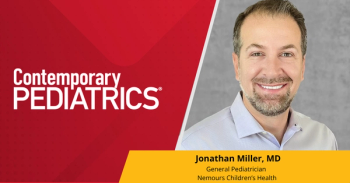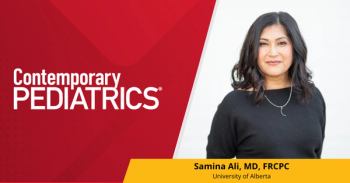
CDC, HHS chat about swine flu
The CDC and the Department of Health and Human Services co-hosted a Web "town hall" Q+A session about swine flu on Thursday.
In the wake of the new ongoing threat of swine flu, the
Participants in the public-targeted online Webcast included newly appointed HHS Secretary Kathleen Sebelius, Acting CDC Director Richard Besser, MD, and Department of Homeland Security Director Janet Napolitano. Questions submitted by the public were fielded via online streaming
To date, there have been 109 confirmed U.S. cases of swine flu (H1N1) with one fatality (a Mexican child who was visiting America)in Texas.
"At the CDC and other U.S. agencies, we are aggressively working to contain and stop the spread of this influenza. We don't know how serious this will be or precisely the results," reports Sebelius.
To put it in perspective, she says each year CDC sees 36,000 deaths attributed to seasonal flu. "Therefore, we need to keep this current operation in perspective," she adds.
Highlights of the online session included:
- CDC has asked that if a school district has a school where a case of H1N1 is confirmed, the involved school is asked to close for a week to try to contain the virus. Sebelius adds, "That doesn't mean to send your kids to the mall. Overall, we're trying to control group settings with a little social isolation."
- Besser notes that with every infectious disease, there is an incubation period. This influenza virus is no different. There is an incubation period of two to seven days. Watch for symptoms if you have been exposed.
- Should a member of your family become infected, Besser says it is advised to isolate yourselves at home as much as possible. Frequently wash your hands. And in cases, where people with compromised immune systems may be involved, wear masks.
- Parents of children in daycare settings are advised to be extra alert in the near future for unusual symptoms with their own or other children. It's critical, according to Sebelius, to also have a preparedness plan, such as an alternate caregiver available.
- All three agency leaders stress how the swine flu is not a foodborne illness, particularly noting how it is safe to eat pork, as well as other foods, including those from Mexico.
- Alcohol-based sanitizers are as effective as soap and water in helping prevent infection.
Newsletter
Access practical, evidence-based guidance to support better care for our youngest patients. Join our email list for the latest clinical updates.








